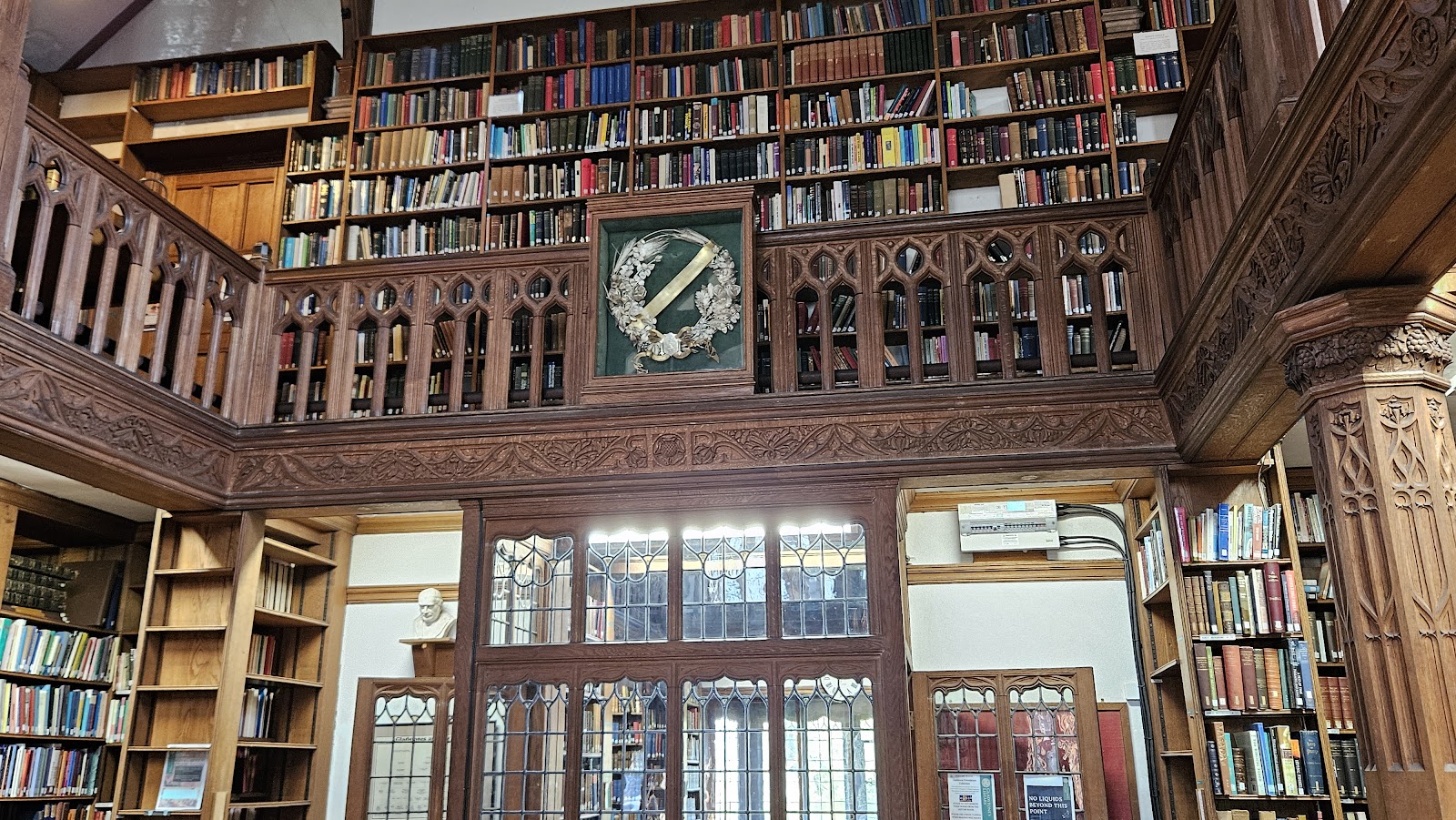I have a new "toy" on my phone - the Merlin app from Cornell University that identifies birdsong. And I'm fast becoming addicted to it. On my walk by the river with the dog this morning, in a five minute slot it picked up twelve different birds, from a thrush and a robin to a chiffchaff and a blackcap. Before I would just have labelled what I was hearing as "birdsong" but now I'm learning to discriminate and - hopefully! - to identify.
As writers we often use the natural world as a character in our writing, and to flesh out that character we need to be able to home in on the detail as well as taking the broad brush approach. I think earlier writers - nineteenth and early twentieth century ones - were more in tune with the natural world and it fed more convincingly into their work. There are exceptions now of course (the brilliant Robert Macfarlane for one), and nature writing is certainly increasing in popularity as a genre. But, in more general writing, breadth often trumps depth - and I know that's a danger I need to keep in mind in mine.
June has flown past and, interspersed with the writing, has certainly brought some interesting events. At the beginning of the month I was in Aberystwyth for a women's peace conference, a follow-up from the centenary events that marked 100 years since the Welsh Women's Peace Petition of 1923. Five years after "the war to end all wars" more than 400,000 Welsh women (both of my grandmothers among them) signed an anti-war declaration that was taken to the USA and presented to the women of America, in the hope that America would join the League of Nations. In Aberystwyth we were looking at the role women can, and do, play in our current, decidedly dangerous, world. I was immensely moved by many of the accounts we heard from war-torn countries. The poem below was written by an anonymous civilian fleeing conflict in Cameroon.






